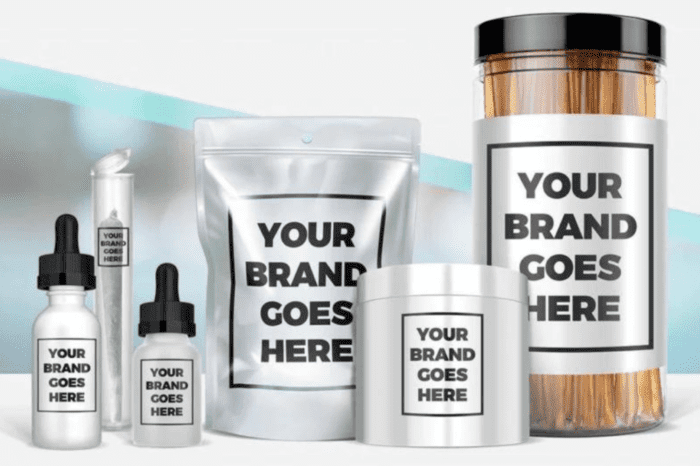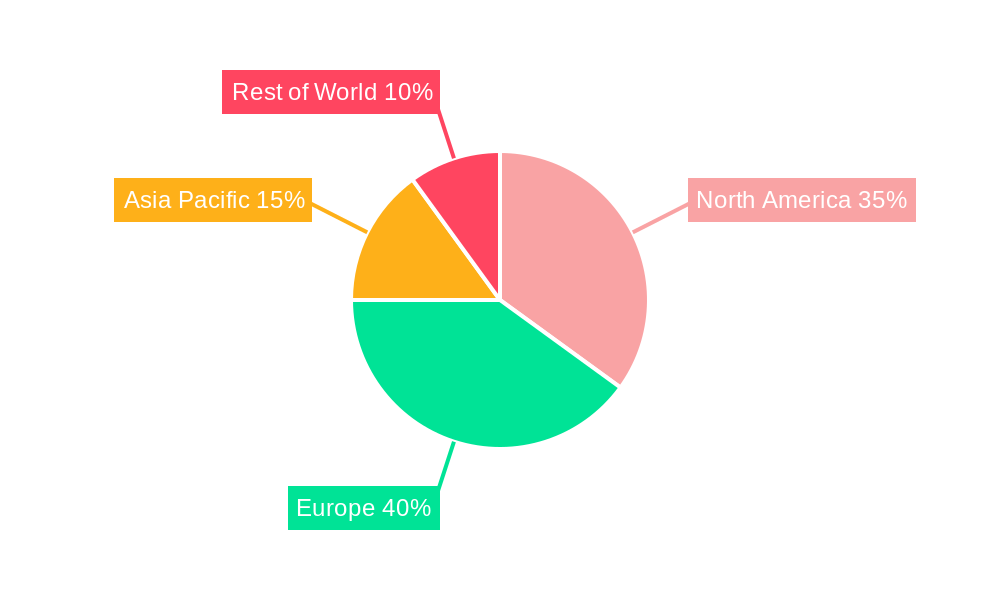The concept of beer with white label has gained significant traction in recent years, reshaping how businesses and consumers interact with beer brands. White label beer refers to a product brewed by one brewery but sold under another brand’s name, allowing retailers, event organizers, and even non-beverage companies to offer their own branded beer without the need for in-house brewing facilities. This model is part of a broader trend toward private label and white label products, which are increasingly popular in convenience stores, supermarkets, and specialty retailers.
Introduction
Private label beers, including those produced under white label arrangements, appeal to both businesses and consumers for several reasons: cost-effectiveness, customization, and the ability to offer unique products that stand out in a crowded market. As consumer preferences shift toward personalized and premium experiences, the demand for custom-labeled beers continues to grow.
What is White Label Beer?
Definition and Overview
White label beer is a product brewed by a third-party brewery but sold under a retailer’s or brand’s own label. The brewery produces the beer according to the client’s specifications, but the final product bears the client’s branding, not the brewery’s. This differs from traditional branded beers, where the brewery owns both the production and the brand.
- Traditional Brands: The brewery produces and markets the beer under its own name (e.g., Budweiser, Heineken).
- Private Label Beers: The retailer or brand owns the brand and controls the product development, but the beer is produced by a third-party manufacturer.
- White Label Beers: The brewery produces a generic beer that can be sold to multiple retailers, each of whom brands it as their own.
Why Businesses Choose White Label
Businesses opt for white label beer for several strategic reasons:
- Cost Efficiency: Avoids the high costs of building and operating a brewery.
- Speed to Market: Allows for rapid product launches without lengthy production delays.
- Customization: Enables businesses to tailor the beer to their target market, including flavor profiles, packaging, and branding.
- Brand Differentiation: Helps retailers and event organizers stand out by offering exclusive products.
Market Trends
The private label beer market has seen substantial growth, particularly in convenience stores and major retailers. According to industry reports, private label wines and beers have outperformed branded products in recent market downturns, driven by consumer acceptance of store-brand offerings and a desire for value and uniqueness.
- Convenience Stores: Many convenience stores now offer their own branded beers, often at lower prices than national brands.
- Major Retailers: Large retailers like Costco have successfully launched private label beers, such as Kirkland Signature, which have gained popularity for their quality and affordability.
Popular Brands and Examples of White Label Beer
Case Studies
Costco’s Kirkland Signature Beer has become a staple in its stores. The brand offers a range of beer styles, from lagers to IPAs, and is known for its competitive pricing and quality. Whitelabel Brewing has built its reputation on specializing in white label beer production, allowing clients to create custom beers with unique branding and packaging. Anderson’s Brewery works closely with retailers and event organizers, providing a wide array of white label beer options, from traditional styles to innovative craft brews.
Unique Offerings
Breweries like Whitelabel Brewing and Anderson’s Brewery offer clients the ability to create custom beer flavors, catering to niche markets and special events. Limited edition white label beers for specific events or promotions add an element of exclusivity that appeals to consumers.
Crafting Your Own White Label Beer
Steps to Create a Custom Beer
- Initial Consultation: Discuss your vision, target market, and budget with the brewery.
- Beverage Development: Work with food scientists to create the perfect formula and source high-quality ingredients.
- Formulation and Sampling: Receive and approve samples, refining the taste and texture until it is perfect.
- Branding and Packaging: Design the labels and packaging that will define your brand on the shelf.
- Production and Bottling: The beer is produced at scale under strict quality control standards.
- Shipping and Logistics: The finished, market-ready product is shipped to your distribution centers.
Design Options and Branding
Custom labels can include your brand’s logo, colors, and messaging. Options range from cans and bottles to kegs, depending on your target market. White label beer allows for extensive branding, including the beer’s name and its marketing materials.
Challenges and Considerations
Quality Assurance
Ensuring the quality of white label beer is crucial. Businesses should work with reputable breweries that adhere to strict quality control standards and have a proven track record of producing high-quality products.
Regulatory Compliance
Private label and white label beers are subject to the same labeling and regulatory requirements as traditional beers. This includes compliance with alcohol content, labeling, and distribution laws. Businesses must also ensure that their branding and marketing materials meet all legal requirements.
Conclusion
The appeal of beer with white label lies in its ability to offer businesses a cost-effective, customizable, and market-ready product. As consumer demand for unique and personalized beer experiences continues to grow, the private label beer market is poised for further expansion. By partnering with established breweries and leveraging the benefits of white label production, businesses can create distinctive beer offerings that stand out in a competitive market.
FAQ
What is beer with white label?
Beer with white label refers to beer that is produced by one brewery but sold under another company’s brand label, allowing businesses to have custom-branded products without in-house brewing facilities.
How does beer with white label work?
White label beer is created by a brewery according to a client’s specifications and sold to the client who markets it under their own brand.
Is beer with white label safe/reliable?
Yes, when produced by reputable breweries, white label beers follow strict quality standards and legal regulations, ensuring a safe drinking experience.
What are the benefits of beer with white label?
Benefits include cost efficiency, speed to market, customization options, and brand differentiation.
How to get started with beer with white label?
To start, consult with a brewery to discuss your vision, define the beer style and branding, and select production and fulfillment options.






